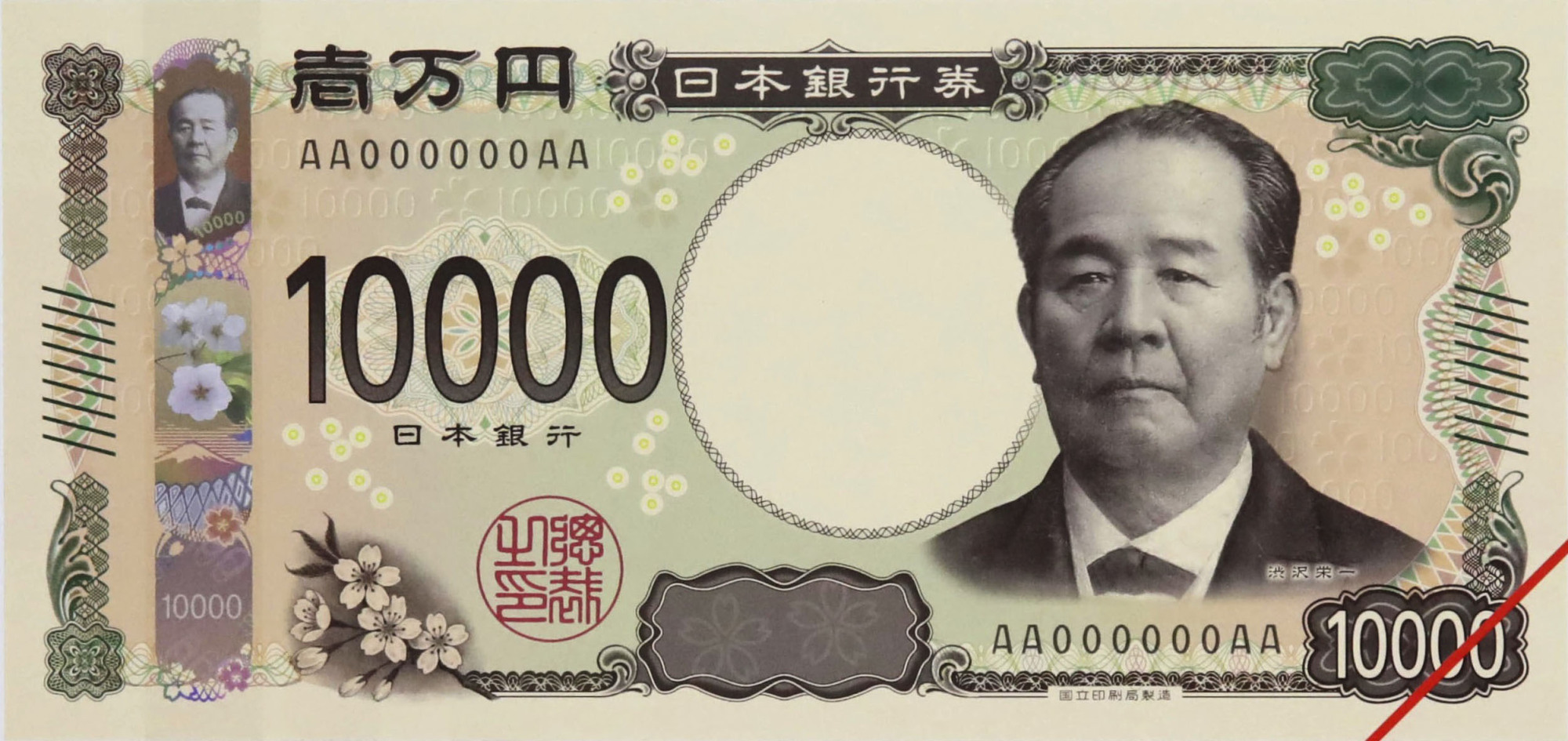About a week after Reiwa was unveiled as the new imperial era's name, I was surprised when the government also announced that bank notes will be redesigned — with the face of Eiichi Shibusawa printed on the new ¥10,000 bill. The news caught me by surprise because Shibusawa is my great-great-grandfather. But, of course, he is more well-known as "the father of Japanese capitalism."
The ¥5,000 bill will feature Umeko Tsuda, a pioneer in higher education for women, and the ¥1,000 bill will feature Shibasaburo Kitasato, a pioneer of modern medicine in Japan. The three together appear to be conveying to us an important message for the new Reiwa Era. Life science, female empowerment and business will be important keys to unlock the gate to an era of sustainability for Japan. Finance Minister Taro Aso said the timing of the announcement was sheer coincidence. If that was truly the case, this would only indicate that there is some other greater force at work, delivering the message that Japan is indeed entering a new era.
Shibusawa (1840-1931) was an important figure in industry and commerce during the years when Japan was emerging from a feudal state to catch up with the advanced Western nations during the Second Industrial Revolution. That was when the nation was in the Meiji Era (1868-1912), and it was during this period, in 1873, that Shibusawa established the Dai-ichi Bank, Japan's first bank (now part of the Mizuho Financial Group).



